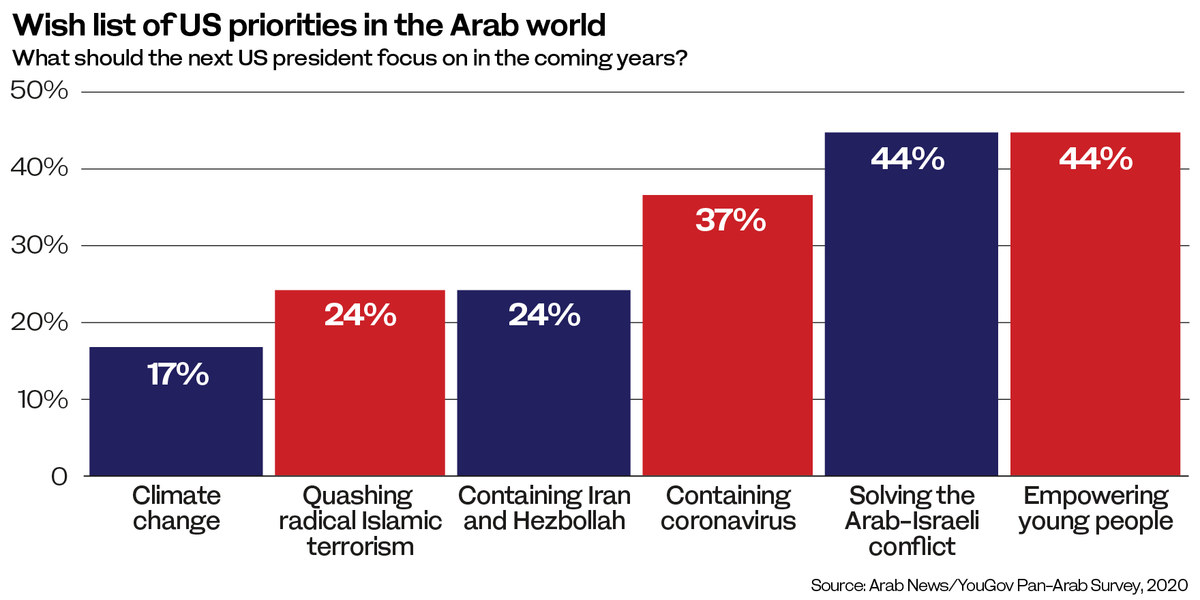Full steam ahead for Egypt-Sudan rail network
CAIRO: Egypt’s Minister of Transport Kamel Al-Wazir has discussed plans with Sudanese counterpart Hashem bin Auf to build a cross-border railway network between the two neighboring countries.
The pair discussed terms of a joint cooperation document for railway connectivity, which aims to provide funding for an economic, social and environmental feasibility study for the project.
The planned network will extend from the Egyptian city of Aswan across the southern border to Sudan’s Wadi Halfa in its first phase.
Funding will be organized through cooperation between Egypt, Sudan and the Kuwait Fund for Arab Economic Development.
Al-Wazir signed the document and delivered it to the Sudanese ambassador in Cairo for signing by the country’s transport minister.
The two sides also discussed a number of road projects, including a prospective land road between Egypt and Chad through Sudan. The project aims to be a gateway for trade between the two countries, Chad and West Africa. The Cairo-Sudan-Cape Town road, which passes through nine African countries, was also mentioned by the ministers.
Al-Wazir also said that Egypt is building a Cairo-Arqin road corridor inside its borders, which passes through the governorates of Fayoum, Beni Suef, Minya, Assiut, Sohag, Qena, Luxor and Aswan, and then then extends to the Egyptian border, passing through the Toshka junctions to Arqin, parallel with Sudan.
He added that the new project is important in achieving land connectivity and increasing trade with African countries, as well as serving Egyptian and African citizens, opening new job opportunities and encouraging comprehensive development.
The Sudanese side also requested cooperation with Egypt in maritime transport and the training of maritime cadres at the Arab Academy for Science, Technology and Maritime Transport.
Al-Wazir said that Egypt will provide its capabilities to train the workers, whether through the Arab Academy, Egyptian ports or the Egyptian Authority for Maritime Safety.
The two sides also agreed to hold a joint meeting to follow up on the progress of other cooperation projects and to discuss the development of the Nile Valley Authority for River Navigation.
Al-Wazir’s team said that the coming period should include urgent plans to develop the authority, train river workers and provide support through specialized technical cadres.

Boost for Egypt-Sudan trade relationsSudan says it will discuss trade, migration deals with Israel






